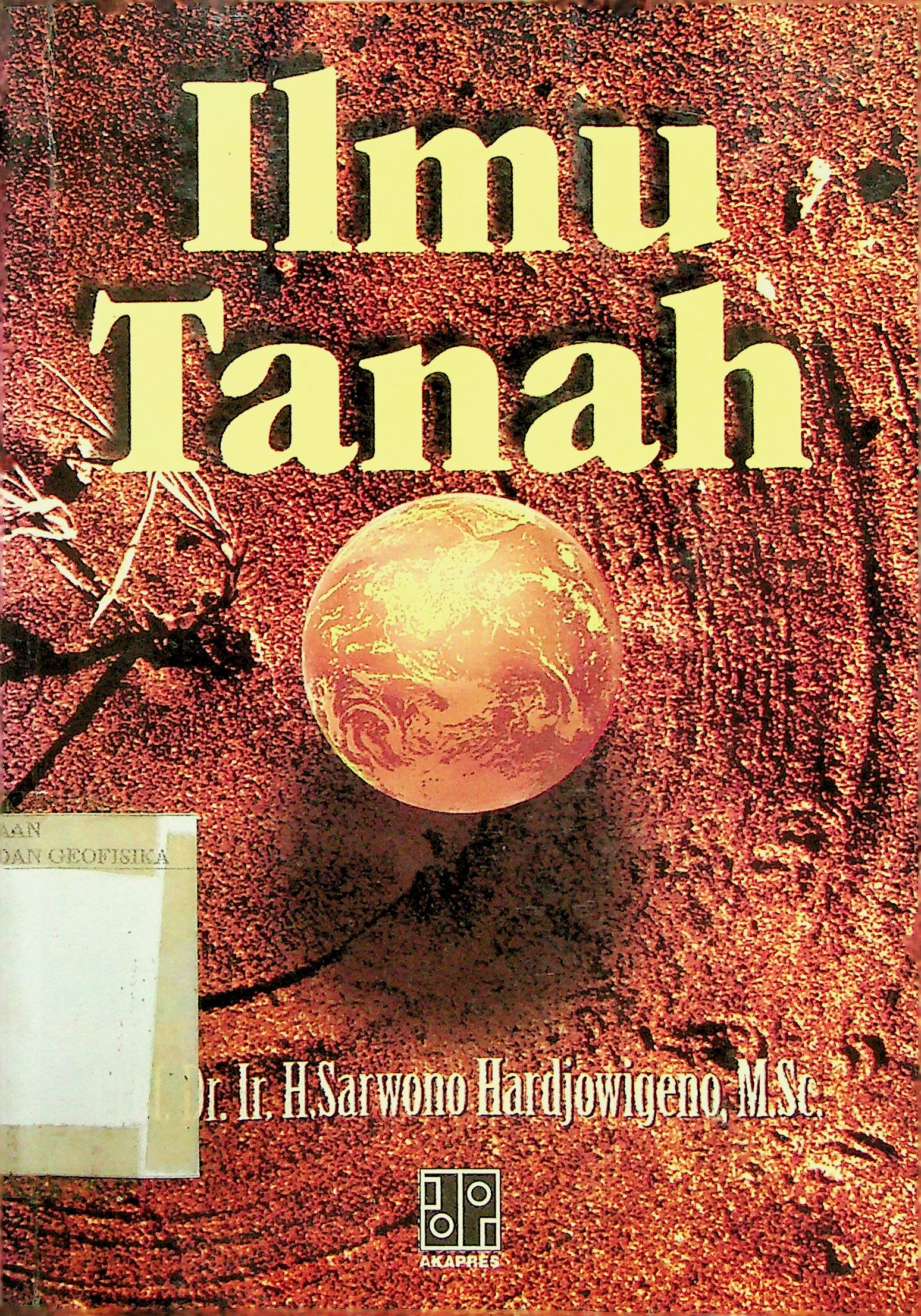The Jalisco region of western Mexico is the locus of interaction among the North America, Cocos, and Rivera plates, giving rise to the Jalisco block. This region is one of the most tectoni- cally active in Mexico, and here took place the largest instru- mentally recorded earthquake in Mexico the twentieth century, on 3 June 1932 (M 8.2), three important tsunamis in the last 100 yrs, and two of the most active volcanoes in Mexico. Nevertheless, the first seismicity studies here, undertaken with temporary networks, did not commence until 1994. In 2008, the Government of Jalisco and the University of Guadalajara funded a research project to install a seismic network in this region. The principal objective was to study the seismic hazard in the region and characterize seismic parameters in the differ- ent areas to design building codes. The Red Sísmica y Aceler- ométrica Telemétrica de Jalisco (RESAJ) project was thus initiated in 2009. Its Central Lab is at Centro de Sismología y Volcanología de Occidente (SisVOc), located at the Univer- sidad de Guadalajara in Puerto Vallarta. Currently, the RESAJ has 26 telemetered and 2 autonomous stations. The RESAJ serves as the seismological lab for the postgraduate program at SisVOc.
5
The Jalisco Seismic Accelerometric Telemetric Network (RESAJ)
Núñez-Cornú et al.
Penerbit :
Seismological Research Letters
Tahun :
2018
epaper
-
No Scan-
-
No Klasifikasi551.22
-
ISBN-
-
ISSN-
-
No Registrasi-
-
Lokasi TerbitUnited States
-
Jumlah Hal10
-
Label-
-
Versi DigitalTIDAK
-
Versi FisikTIDAK
-
Lokasi Rak Buku Fisik//
-
Jumlah Exemplar Fisik Tersedia-




